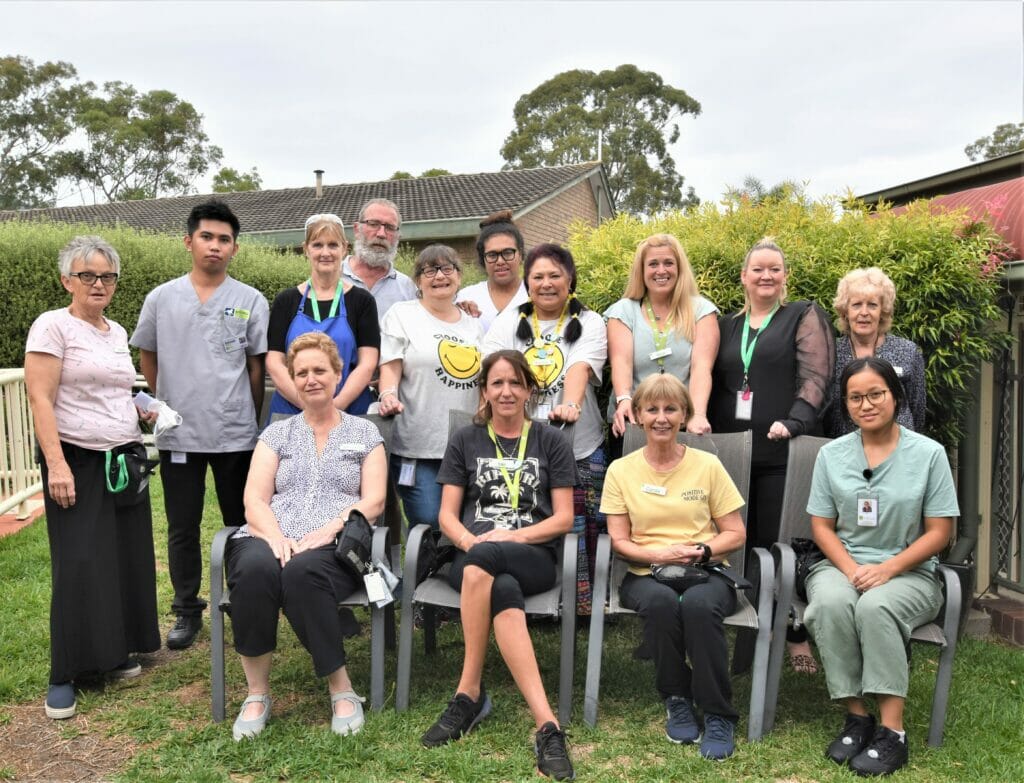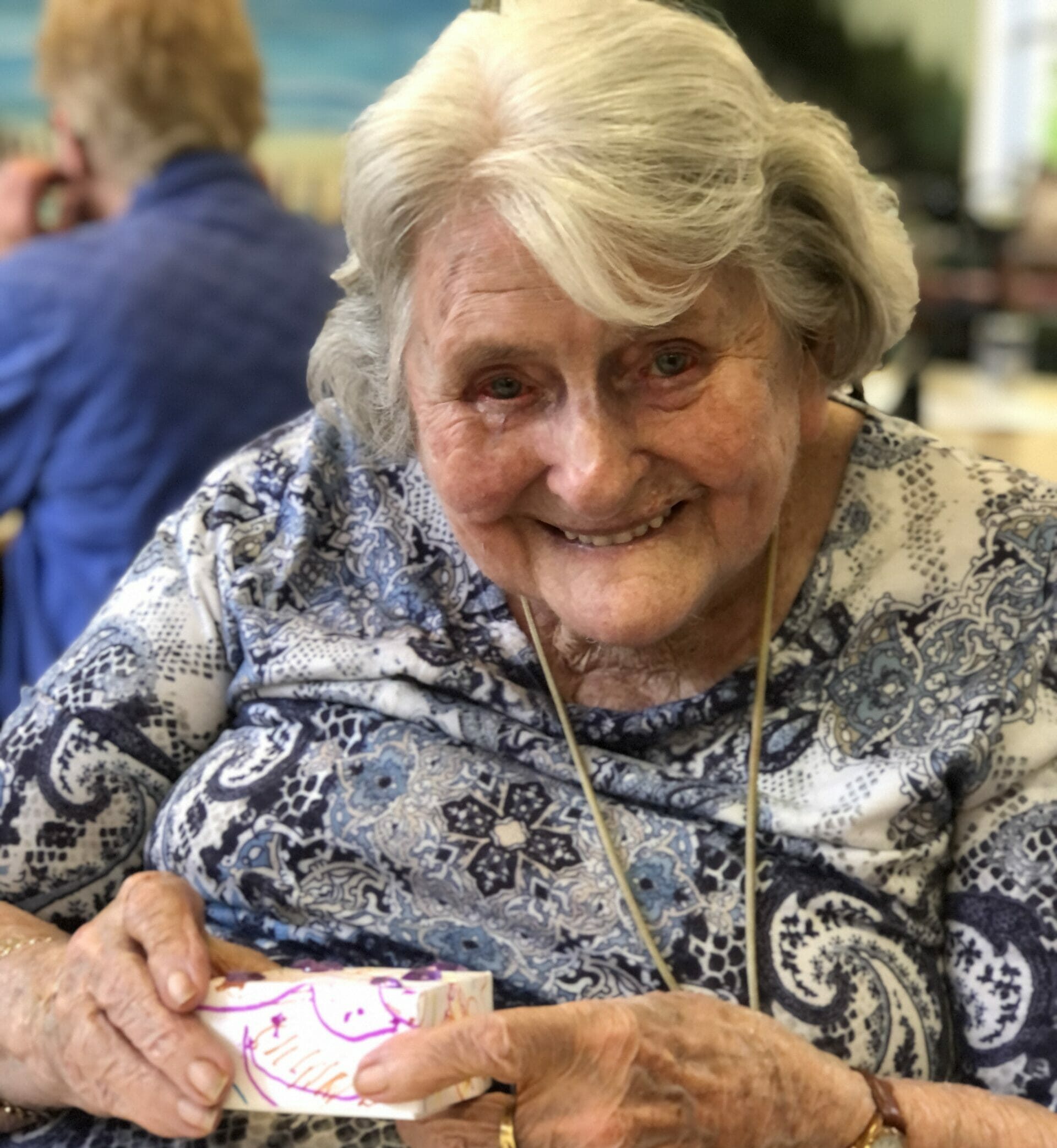Culture has a strong influence on our lives, beliefs and opinions as well as the way we respond and grow. In every culture and sub-culture significant values of sameness exist. The increasing number and variety of culturally diverse groups in our society make it crucial for us to avoid stereotyping any culture as they are not monolithic. Individuals who are part of a group can vary widely so we need to address people individually regardless of ethnicity, religion, gender preferences, etc.
Based on my significant contact with people across the globe, I realised that a critical factor in working in a culturally diverse context does not rely on knowledge and skills in certain areas, but on values – values that all people hold in common associated with life cycle and basic needs.
All humans differ by virtue of their history, genes and lived experiences. These life experiences are unique to a particular group and often constitute strengths which must be objectively considered as everyone expresses life experiences differently.
On reflection, a key question to ask is who has the right to judge the way a person differs from another in his/her manner of living, thinking, being and doing.
I believe that people who take time to learn and understand their own origins, background and needs are better able to genuinely function free of bias when communicating with people with a multitude of differences, where great appreciation is held towards an individual whose cultural strengths and values are appreciated.
Mercedes Sepulveda,
MiCare Cultural Service Advisor

 Return to News
Return to News




